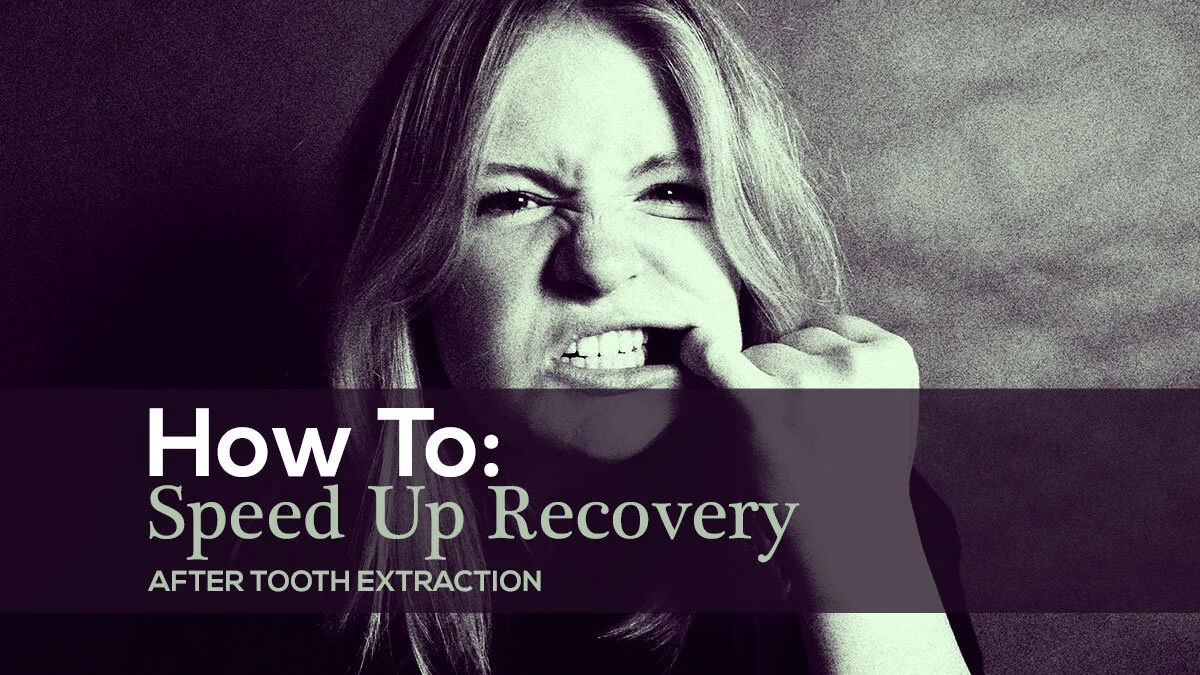Reverse the Early Signs of Gum Disease Without Surgery
At its earliest stages, you can reverse the early signs of gum disease by becoming more diligent with flossing, brushing and using a tongue scraper. Tongue scrapers can be found at drugstores, but even toothbrushes are now designed with a tongue scraper. If there isn't one handy, popsicle sticks work in a pinch. Your six-month checkups become 3-month cleanings to see how you're progressing. Besides better oral hygiene, use a plaque-removing mouthwash, change your toothbrush every 3 months and keep brushes as clean as possible.
Dental Implants – Pros & Cons
The Five Stages of Gum Disease
Periodontitis causes a wide array of problems, which is why stopping the disease early is imperative. Daily flossing, brushing, and rinsing removes most of the dangerous plaque that accumulates in the gum line. Any bleeding or pain needs attention, and if symptoms remain after two weeks, schedule an appointment with your dentist. Ask about brushing and flossing techniques to improve gum health. Finally, don't panic. Most people have problems with their gums, but few advance to the last stage. Keep smiling!
Five Bad Dental Habits that can Lead to Tooth Loss
6 Reasons to Choose Dental Implants for Repairing Your Smile
Signs & Symptoms of Gum Disease
3 Diseases That May Lead to Tooth Loss
Although many people may not realize it, our physical health has a significant connection to our dental health. While untreated periodontal disease is a no-brainer when it comes to a leading cause of tooth loss, physical ailments such as rheumatoid arthritis can negatively affect oral health as well. In fact, here are three diseases that your dentist recommends keeping in check in order to improve general health and lower your risk of tooth loss.









